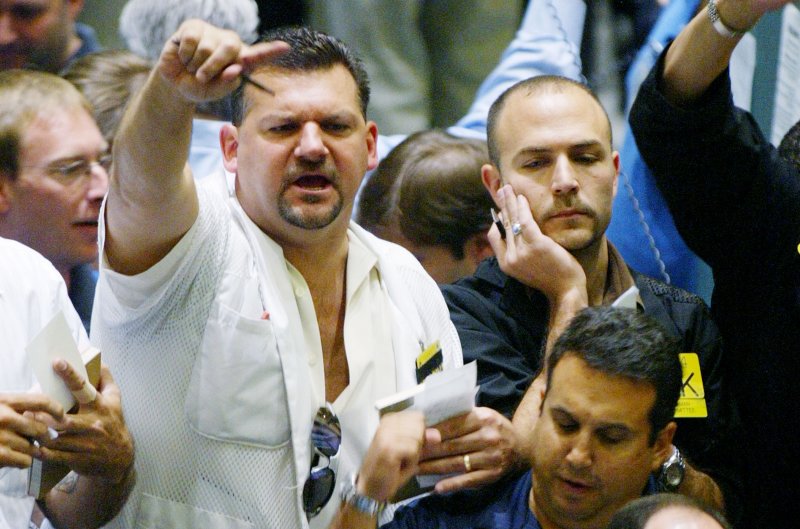Economy moves to the forefront of investor's mindset, with Chinese woes dragging on crude oil prices at the start of the second trading day of 2016. File photo by Monika Graff/UPI |
License Photo
NEW YORK, Jan. 5 (UPI) -- Global economic concerns moved to the forefront on the second trading day in 2016, erasing oil price gains sparked Monday by tensions in the Middle East.
Following Monday's steep drop in the benchmark Shanghai Composite, the People's Bank of China said it was pumping about $20 billion into the nation's financial system, its largest effort to ease a liquidity strain since September.
Monday's deep dive in Chinese shares spilled over into most major financial markets later in the day, with the Dow Industrial Average marking one of its worst openings for a new year in more than 75 years.
The Shanghai opened 3 percent lower at the start of trading Tuesday, but closed off just 0.26 percent. The China Securities Regulatory Commission credited a so-called circuit breaker mechanism, which closed markets Monday, for relative stability in the Tuesday session.
Crude oil prices, nevertheless, responded negatively to Chinese economic concerns. Brent crude oil fell 1.1 percent at the opening of trading in New York to $36.81 per barrel. West Texas Intermediate, the U.S. benchmark price for crude oil, was down 0.8 percent to $36.45 per barrel.
Economic concerns overshadowed lingering tensions between Iran and Saudi Arabia, two prominent members of the Organization of Petroleum Exporting Countries. Riyadh and several of its regional allies downgraded relations with Tehran after the Saudi embassy in Iran was stormed by protestors frustrated by the Sunni kingdom's execution of a prominent Shiite cleric.
In Europe, the statistics office of the European Union, Eurostat, reported an annual inflation rate for December at 0.2 percent, relatively stable when compared to November.
Maury Obstfeld, a director of research for the International Monetary Fund, said China is high on the list of concerns for 2016.
"But the global spillovers from China's reduced rate of growth, through its diminished imports and lower demand for commodities, have been much larger than we would have anticipated," he said.















